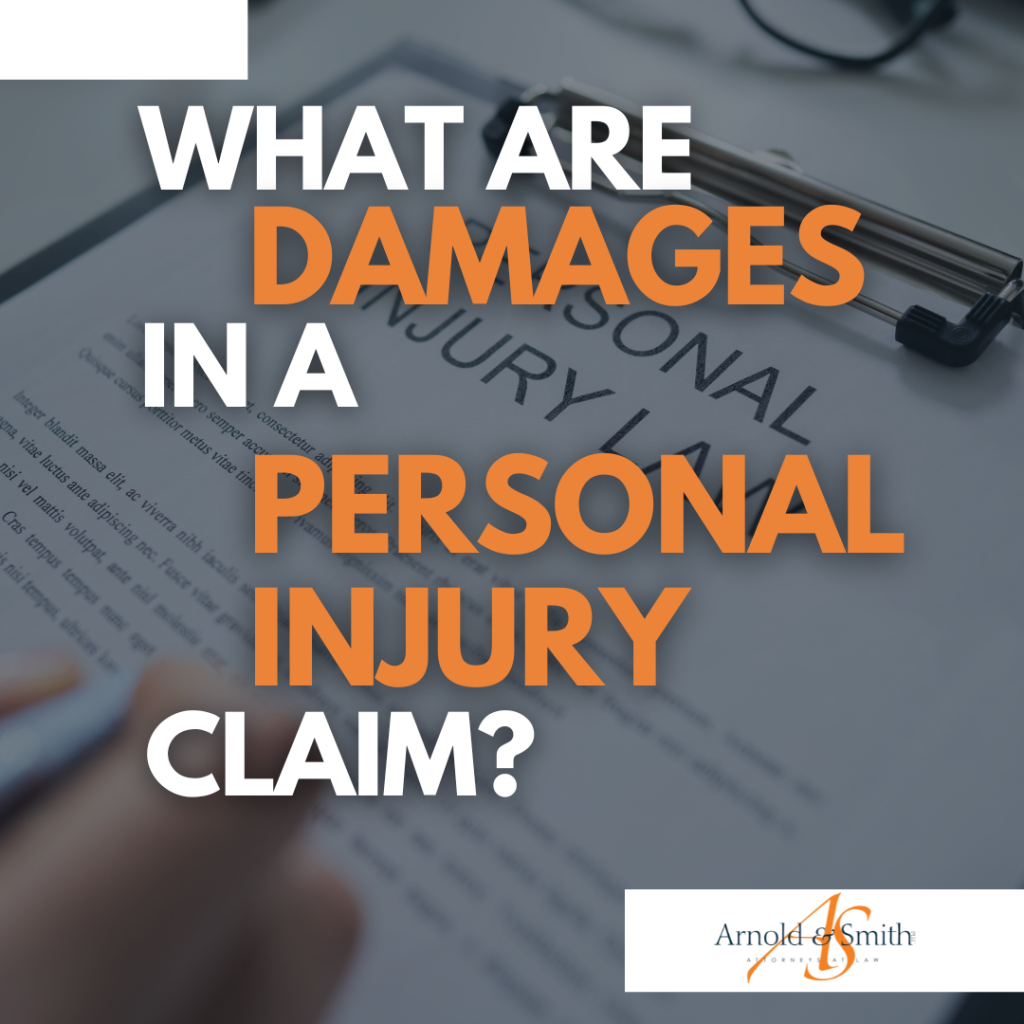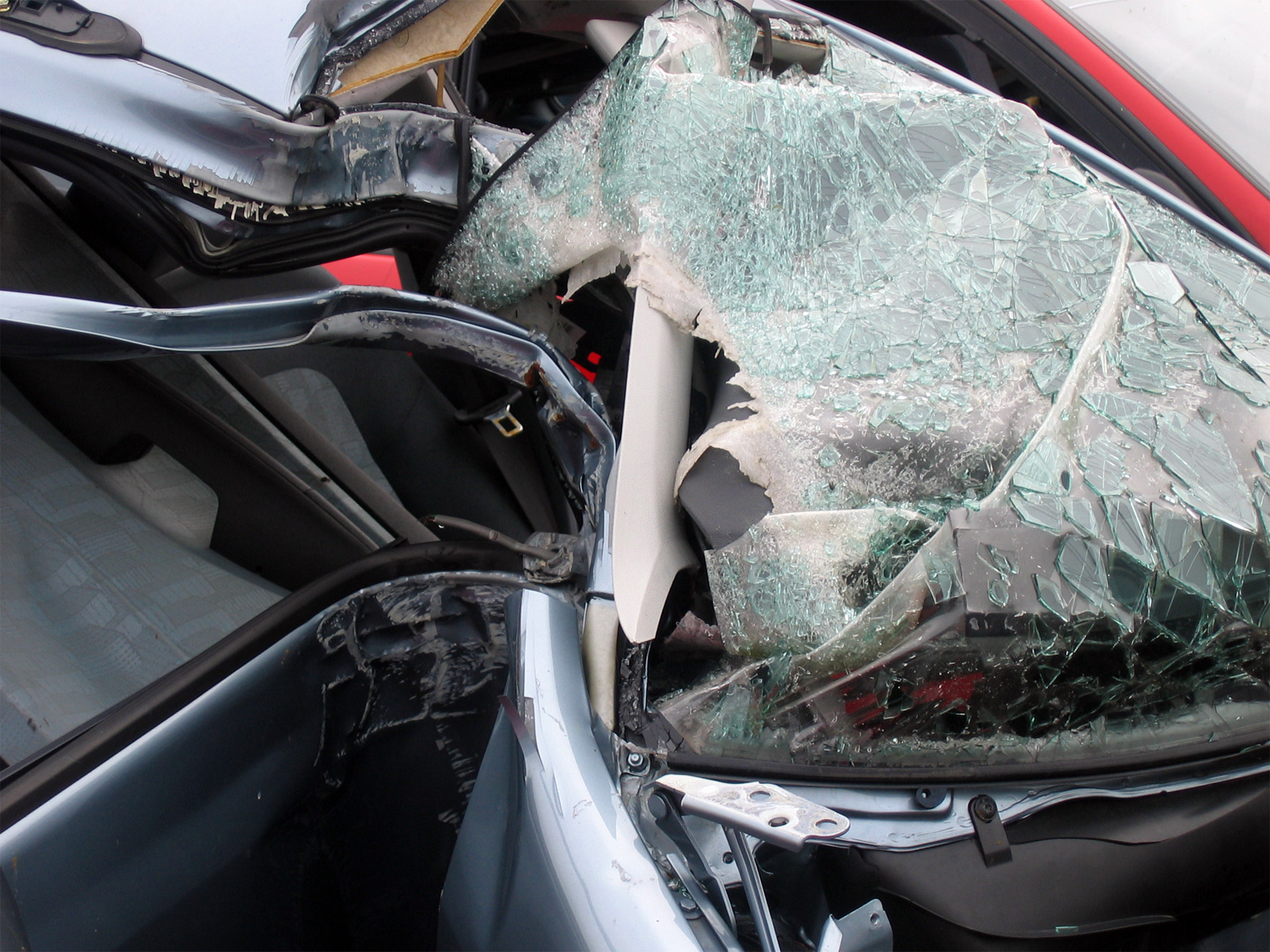 What are Damages in a Personal Injury Claim?
What are Damages in a Personal Injury Claim?
If you or a loved one was hurt in an accident that wasn’t your fault, you may be entitled to compensation. Compensation comes through the negligent person who caused the accident that resulted in your injuries. After an accident, you could be facing thousands of dollars worth of medical bills, along with other losses. An experienced personal injury attorney will work on your behalf to help you obtain the money you are owed for your claim.
What are Damages?
Damages are remedies that a party requests in civil cases. Damages are meant to make a victim of an accident or other negligent act whole. Damages are supposed to put a person back into the same position they were in before the negligent act occurred. In a civil lawsuit, the judge or jury will award damages based on their findings at the conclusion of the case. When a victim wins a civil lawsuit, the negligent party is required to pay damages as set by the court.
Types of Damages
Damages may be compensatory or punitive. Compensatory damages consist of actual economic losses and may be economic or non-economic.
- Economic Damages
Economic losses are those that have an actual value. Economic damages are tangible, and they are easier to calculate than non-economic damages since they already have an associated value. These are damages that you can actually calculate. Some examples of economic damages include:
- Medical Expenses
- Lost Wages
- Damage to Property
- Loss of Earning Capacity
- Non-Economic Damages
Non-economic damages are losses that do not have an actual set dollar amount associated with them. Non-economic damages are necessary to cover all the costs of an accident or injury, including the future costs that were a direct result of the accident. Some types of non-economic damages are:
- Pain and Suffering

- Emotional Distress
- Loss of Enjoyment of Life
These types of damages are often subjective, and therefore, they may differ from person to person. The judge will review various factors to determine non-economic damages.
- Punitive Damages
A judge may also order punitive damages, which is a monetary amount meant as a punishment and deterrent. Punitive damages are also called exemplary damages. Punitive damages may apply in cases where the defendant’s actions were grossly negligent, reckless, or intentional or when the person acted in a manner that disregarded the safety of others. In North Carolina, punitive damages may not exceed three times the compensatory damages or $250,000, whichever is more.
How to Recover Damages
A person who is injured as the result of someone else’s negligence may file a claim for damages. In order to be successful, you must be able to prove the four main elements of negligence. The defendant must have had a duty of care and must have breached that duty, their actions must have caused injuries, and the plaintiff must have suffered harm as a result. An experienced personal injury attorney will help you resolve your claim and obtain compensation for your damages. If you or a loved one was hurt in an accident that was not your fault, you may be owed money. Call us today at Arnold & Smith, PLLC, at (704) 370-2828 for a free initial consultation.
The skilled personal injury attorneys at Arnold & Smith, PLLC are dedicated to maximizing the financial recovery and obtaining justice for every personal injury client injured by another party’s negligence. The issues our personal injury clients may be facing include, but are not limited to, slip and fall injuries, wrongful death, product liability, catastrophic injuries, dog bite claims, car and truck accident injuries, motorcycle injuries, traumatic brain injury (TBI), nursing home negligence, spinal cord injury, boating accidents, and defective medical device injury. Our personal injury attorneys understand the devastating impact such an injury can have on a person’s life, and that the effects so often go beyond physical pain and suffering. The personal injury attorneys at Arnold & Smith, PLLC are dedicated to helping clients determine the strength of their claims, and to aggressively pursuing the means necessary to achieve the best possible end result for each client’s particular situation.
Source:
https://www.ncleg.gov/EnactedLegislation/Statutes/HTML/BySection/Chapter_1D/GS_1D-25.html
Image Credit:
https://www.freeimages.com/photo/accidents-3-1493140
See Our Related Video from our YouTube channel:
https://www.youtube.com/user/ArnoldSmithPLLC/videos
See Our Related Blog Posts:
 Charlotte Injury Lawyers Blog
Charlotte Injury Lawyers Blog



 How can I help you?
How can I help you?